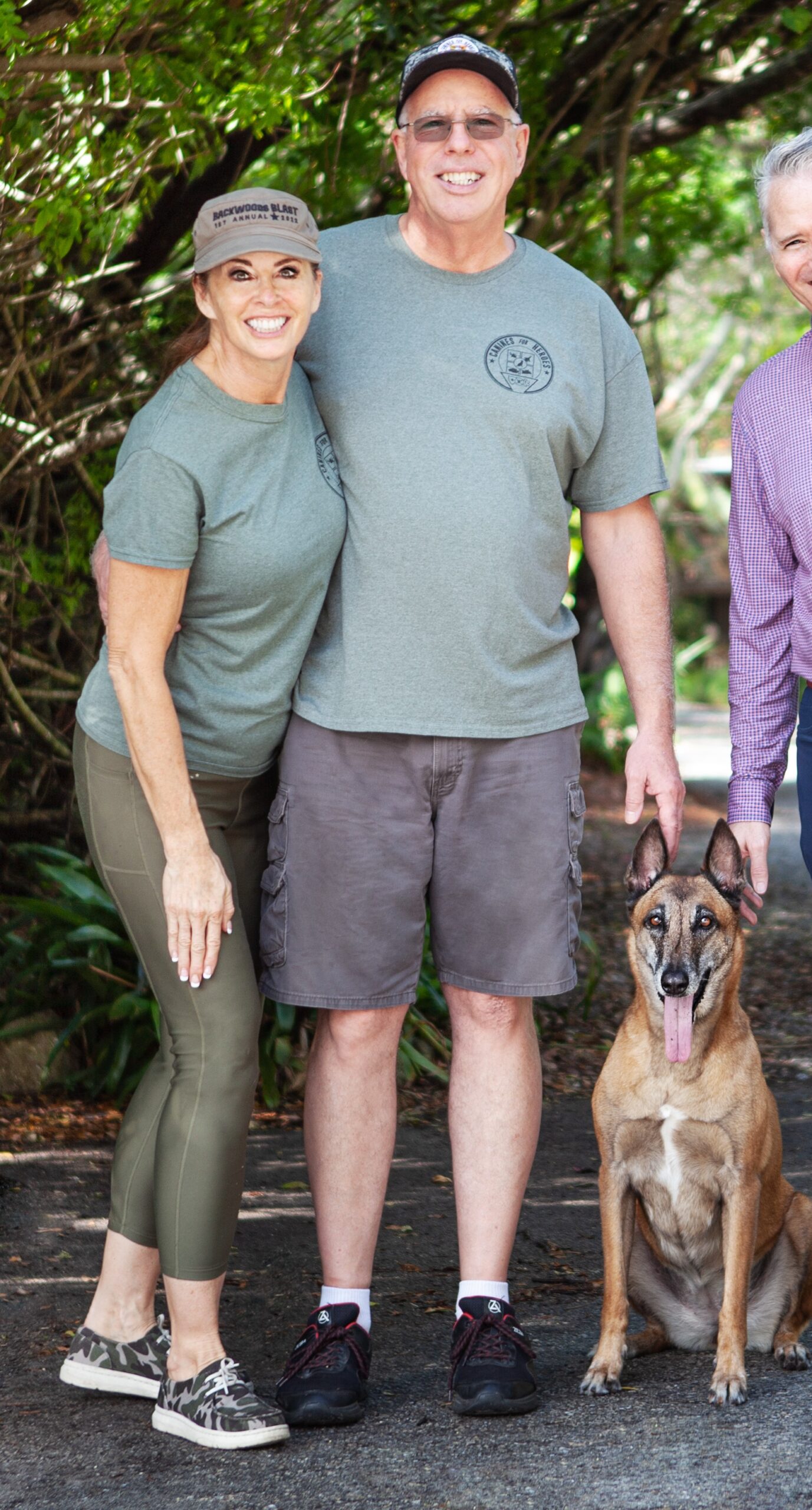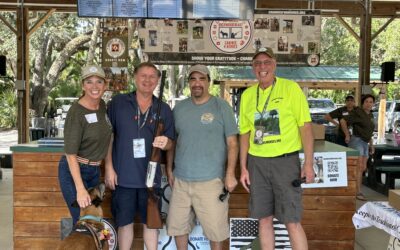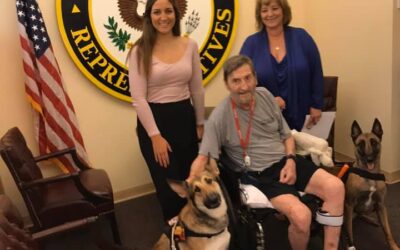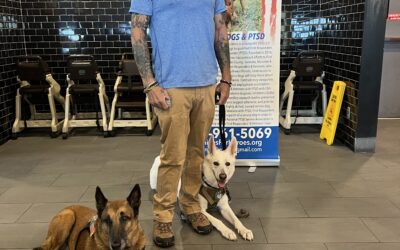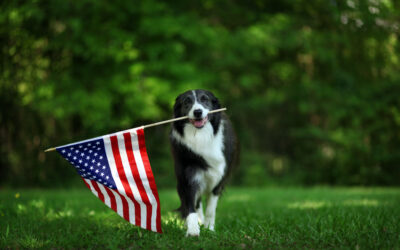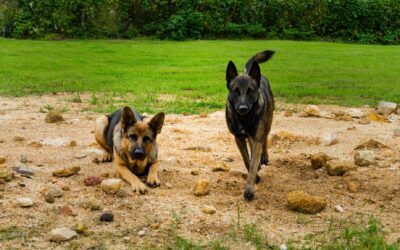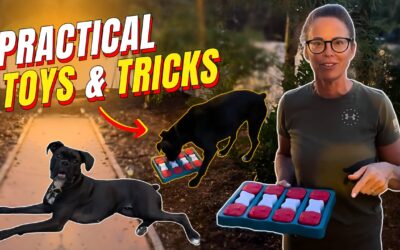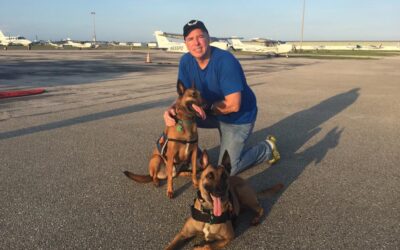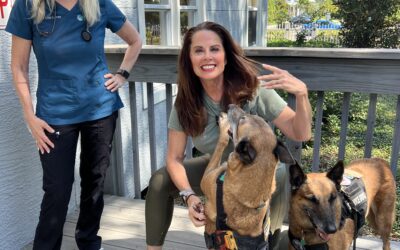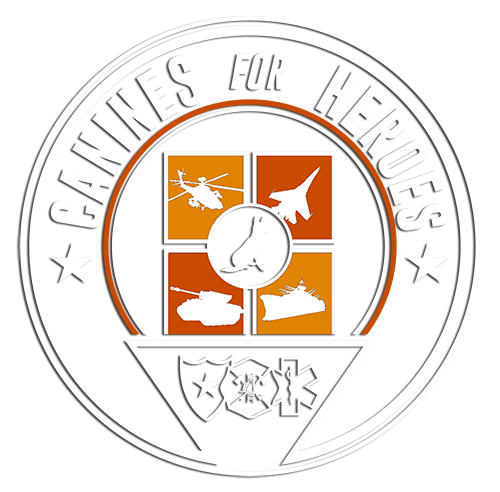Get To Know Us!
Sandra LaFlamme
How Service Animals Helped Me Overcome My Head Injury
Growing up, my parents arranged for me to have reading tutors like Mrs. Morrison and horse riding lessons as part of my rehabilitation process. From the very beginning, it felt like the horses understood what I was going through and wanted to help me heal. They were patient and kind with me, not caring that I had suffered a serious head injury.
Riding horses gave me the physical balance and strength that I needed after my head injury. As time went on, they also helped build up my confidence and gave me an outlet to express myself without feeling judged or alienated because of my disability. Riding horses also taught me how to take responsibility for another living creature’s well-being; something which has stayed with me throughout adulthood.
After many years of riding horses with patience and dedication, I began entering show arenas, where I experienced recognition for all of my hard work in overcoming my disability and learning how to ride competitively again. This recognition provided a major boost in confidence which made it easier for me to transition back into “normal” life after suffering such a traumatic experience at such a young age.
Horses have played an invaluable role in helping me overcome the physical, emotional, and psychological effects of suffering a severe head injury as a child. Through them, I have been able to relearn how to be physically active again while gaining purpose from taking care of an animal who accepted me through thick and thin. That’s why my service dog is named Cowgirl. Although there are still hardships associated with living with this disability on a daily basis, having horses and now Cowgirl as my service dog in my life; has made it much easier for me to navigate through these challenges while experiencing joy along the way. Giving back and growing this giving program has enabled me to pay it forward the way my reading tutor, Mrs. Morrison did for me. I owe this therapy so much more than words can express!
We can all help support Canines For Heroes in any way possible, whether it be donating money directly or helping to spread awareness. From providing companionship and protection to acting as a service dog, these animals are making a huge difference in the lives of veterans. A donation may seem small, but the ripple effect of our donations is what will bring positive change and greatly improve the quality of life for many veterans. While giving financially is beneficial and strongly encouraged, simply being an advocate for the cause is extremely important as well. Be aware of organizations like Canines For Heroes that are looking out for those who served out nation and aiding them beyond their call of duty. Act today; donate your time, energy, or money to make a difference!
Archive
Related Articles
BackwoodsBlast.com Join Us for Our 3rd Annual Clay Shoot Supporting Veterans and First Responders
This year’s Clay Shoot promises to be bigger and better than ever before. We have lined up exciting activities, delicious food, and fantastic prizes for participants. Whether you are an experienced shooter or trying clay shooting for the first time, there is something for everyone at this event. And most importantly, every shot fired will be in support of those who have sacrificed so much for our safety and freedom.
Understanding the Difference Between Real and Fake Service Dogs
Understanding the differences between real and fake service dogs is essential for upholding the integrity of the service animal industry. By focusing on practical skills, training stories, advanced heeling, maneuverability, adaptability, and temperament, we can better identify genuine service animals that provide valuable assistance to individuals with disabilities.
Embracing Freedom with a Service Dog by Your Side
If you have been feeling trapped or limited by your PTSD, consider the life-changing impact that a service dog from Canines For Heroes could have on your life. With a loyal companion by your side offering safety, emotional support, practical assistance, and social benefits – the possibilities are endless. Don’t hesitate to explore this incredible opportunity for greater independence and freedom. Embrace the joy that comes with facing any direction you choose because you feel secure with your furry friend by your side!
Building Trust With Your Dog Through Fun Training Techniques
Fireworks may have you on pins and needles so turn this time into a big fun trust-building exercise. Building trust with your dog is essential for a strong and healthy relationship. One way to do this is through fun and engaging training techniques that not only strengthen the bond between you and your furry friend but also help them learn and grow. By incorporating simple training exercises into your routine, you can show your dog where you want their focus to be and encourage positive behaviors. In this blog post, we will explore how to build trust with your dog through fun training activities that start with enjoyment and end with success.
The Power of Dog Training: Building Control and Fun with Our Canine Companions
Through our program’s focus on control and fun, we create amazingly well-behaved service dogs that enrich our lives while also providing invaluable assistance through our Canines For Heroes program. By harnessing the power of dog training, we empower both humans and canines to grow together towards a brighter future filled with love and companionship.
Organic Foods, Safe Toys, and Cooling Tools. Enhancing Your Dog’s Life
By incorporating organic foods into their diet, providing safe toys for playtime, investing in cooling tools for hot weather, using gentle grooming products on their skin & fur,and ensuring they get enough exercise & mental stimulation ,you can enhance every aspect of your beloved companion’s life..
Unlocking Your Dog’s Inner Confidence with Simple Toys and Tricks
Recognizing their achievements will help boost their self-esteem and motivate them to continue learning and growing. Unlocking your dog’s inner confidence doesn’t have to be complicated or time-consuming. By incorporating simple toys and tricks into their daily routine, you can help build their self-assurance while creating a stronger bond between you and your pet.
Keeping Your Dog Cool This Summer
Kiddy Pool: One of the most fun ways to help your dog beat the heat is by providing them with a kiddy pool to splash around in. Dogs love water, and having their own pool gives them a chance to cool off and have some fun at the same time. Make sure to fill the pool with fresh water regularly and supervise your pup while they are playing in it. Some dogs may need encouragement or training to feel comfortable in the water, so be patient and provide positive reinforcement as they get used to their new pool. Tractor Supply has 2 sizes!
Remembering Our Fallen Heroes: The White Table and Canines For Heroes
As a combat veteran himself, he understands the struggles that many service members face upon returning home from war. Through Canines For Heroes, he aims to provide support and resources for veterans who may be struggling with mental health issues.
The Benefits of Holistic Care for Your Furry Friends
Another advantage of holistic care for dogs is its focus on natural remedies and therapies. Many traditional veterinary treatments rely on medications that can have harmful side effects or only provide temporary relief from symptoms. In contrast, holistic veterinarians often use natural supplements and therapies that work with your dog’s body to support healing from within. For example, laser, ozone or acupuncture can help reduce pain and inflammation without the need for drugs, while herbal supplements can support your dog’s immune system and promote overall wellness.
Don’t Be Shy!

Sponsor a Pet

Make a Donation


